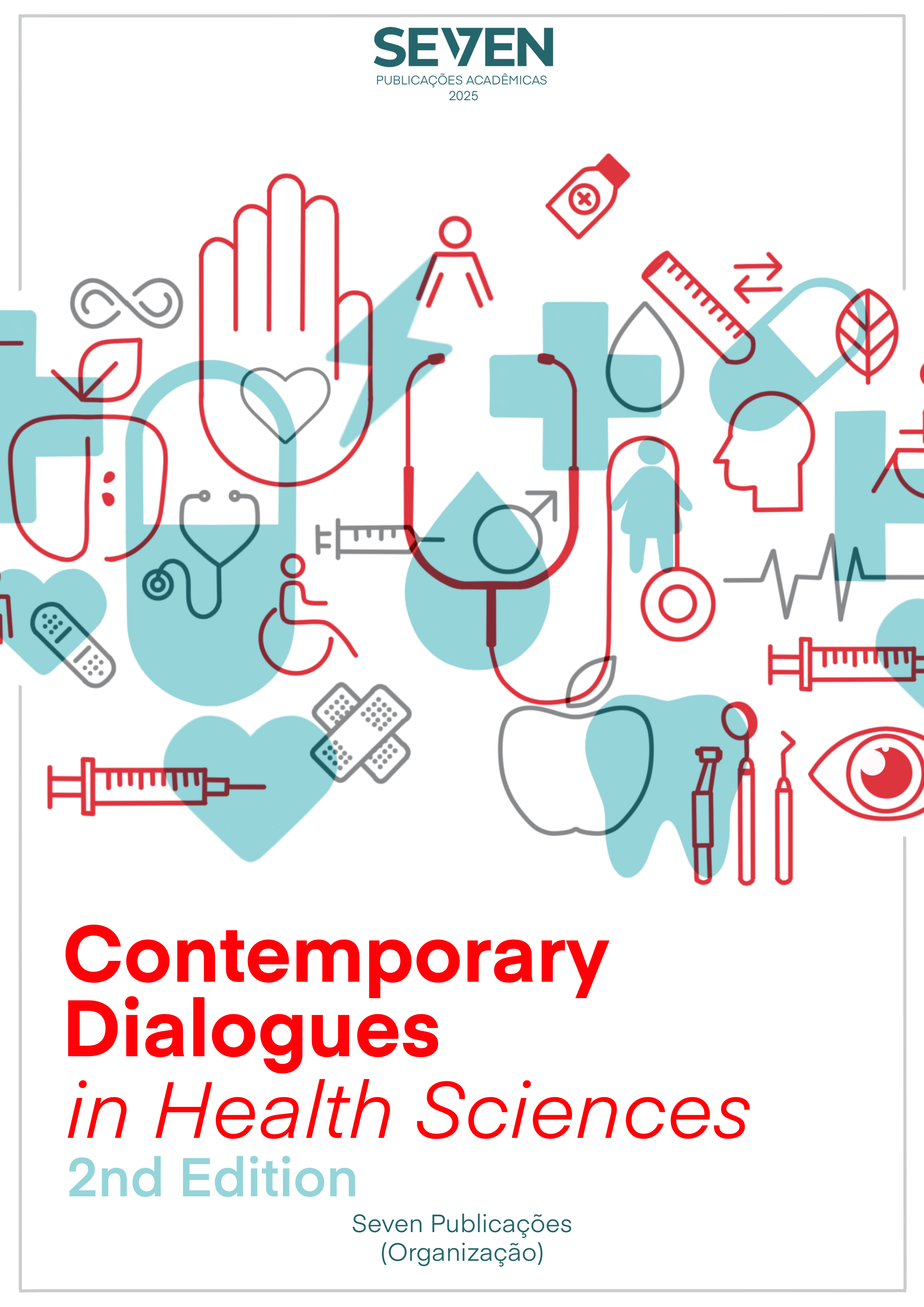COMPARISON BETWEEN CANNABIDIOL AND RISPERIDONE IN THE MANAGEMENT OF IRRITABILITY IN PATIENTS WITH AUTISM SPECTRUM DISORDER
Keywords:
Cannabidiol, Risperidone, Autism Spectrum Disorder, Irritability, Integrative ReviewAbstract
Autism spectrum disorder (ASD) is a neurodevelopmental condition characterized by deficits in social communication and restricted, repetitive behaviors, often accompanied by irritability and aggression that impair functional adaptation. Risperidone, a widely used atypical antipsychotic, shows proven efficacy in controlling these symptoms but is associated with metabolic and neurological adverse effects that limit long-term use. In this context, cannabidiol (CBD), a non-psychoactive phytocannabinoid, has been investigated as a therapeutic alternative due to its anxiolytic, modulatory, and neuroprotective potential. This integrative literature review, conducted in PubMed, Scopus, Web of Science, and SciELO databases between 2013 and 2025, aimed to compare the efficacy and safety of cannabidiol and risperidone in managing irritability among individuals with ASD. The analyzed evidence indicates that both drugs lead to significant improvement in behavioral symptoms, although CBD demonstrates a superior safety profile with fewer adverse events and better tolerability. Despite methodological limitations and the scarcity of direct comparative trials, cannabidiol stands out as a promising and well-tolerated option, particularly for refractory cases or patients intolerant to antipsychotics. Future randomized, comparative, and long-term studies are warranted to strengthen the evidence base and support safe, individualized treatment protocols.
Downloads
Published
Issue
Section
License

This work is licensed under a Creative Commons Attribution-NonCommercial 4.0 International License.





